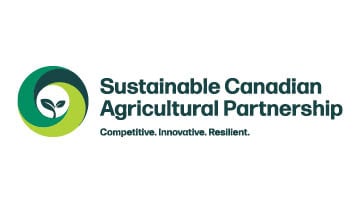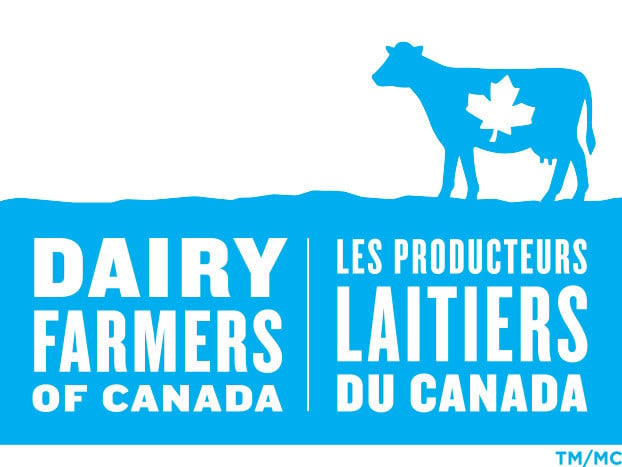
Project Overview
Mastitis causes economic losses to dairy farmers, induces pain and distress in affected animals, and is the leading cause of antimicrobial use on Canadian dairy farms. Given these impacts, it is unsurprising that the disease is a top priority for dairy farmers, and there is a need to improve diagnostic methods and management strategies. Artificial intelligence tools and diagnostic advances that identify mammary pathogen characteristics cost-effectively offer an opportunity to better predict mastitis case outcomes and inform prudent antimicrobial treatment decisions.
The overall objective of this project is to use artificial intelligence to improve diagnosis, monitoring methods and treatment strategies for bovine mastitis. This research aims at developing modern tools to support the health and production of dairy cows.
What Will the Research Team Do?
The research team will; (i) conduct a retrospective study to describe the evolution of subclinical mastitis over the last 20 years; (ii) analyze data from the Mastitis Pathogen Culture Collection to predict mastitis case outcomes; (iii) use previously-collected data to describe and compare information from automated milking systems with that collected by DHI to develop guidelines for monitoring subclinical mastitis; and (iv) conduct a controlled trial to measure the effect of a selective dry cow treatment approach on somatic cell count (SCC) and milk bacteriology.
The objectives of this project are to:
- Provide subclinical mastitis benchmarks for Canadian herds and identify critical udder health management areas for modern dairy farms;
- Combine MALDI-TOF and artificial intelligence to predict persistency of S. aureus intramammary infection;
- Provide indicators and guidelines for monitoring subclinical mastitis using daily SCC from automatic milking systems; and,
- Evaluate the udder health impact of a selective dry cow treatment approach associated with a potentially massive reduction in antimicrobial usage on commercial dairies.
Principal Investigators
Simon Dufour
Université de Montréal
Co-Investigators
Marie Archambault
Université de Montréal
Pablo Valdes Donoso
Université de Montréal
Mario Jacques
Université de Montréal
Jean-Philippe Roy
Université de Montréal
Juan Arango Sabogal
Université de Montréal
François Malouin
Université de Sherbrooke
Herman Barkema
University of Calgary
Kevin Wade
McGill University
Key Words
- Antimicrobial use, artificial intelligence, selective dry cow treatment
Period: 2023-2028
Budget: $445,000
Last Updated: June 14, 2024
Note: As per the research agreement, aside from providing financial support, the funders have no decision-making role in the conduct of the studies, data collection, and analysis or interpretation of the data. Researchers are independent in conducting their studies, own their data, and report the outcomes regardless of the results. The decision to publish the results rests entirely with the researchers.

